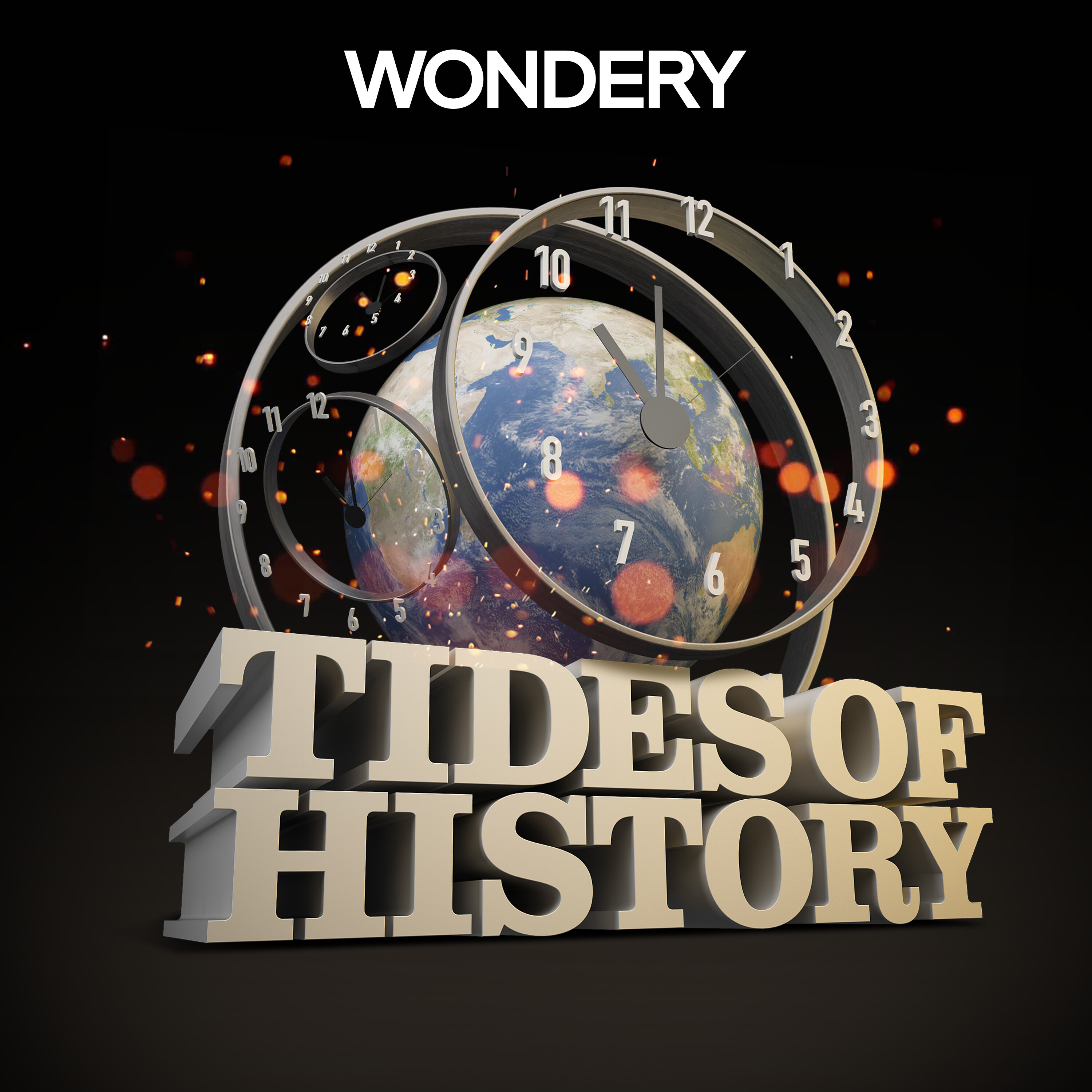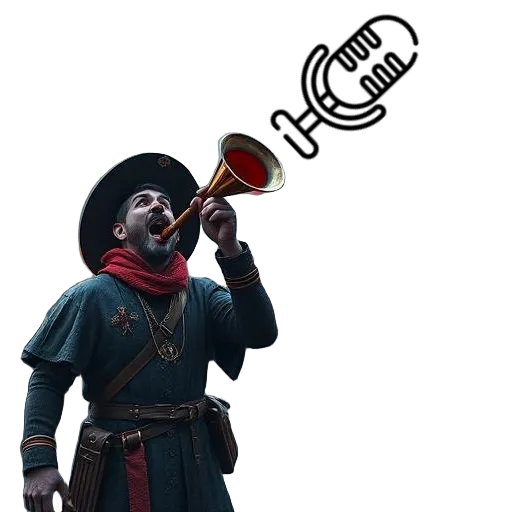Li Liu on the Rise of States in China
61. Being Roman in Syriac, with Hartmut Leppin
Hittites, Trojans, and the Late Bronze Age World: Interview with Professor Trevor Bryce
Bonus - Egyptology is Dead, Long Live Egyptology! with Dr. Kara Cooney
Episode 235 - Sundered by Gold
10. Peace of Philocrates
Alexander the Great
• 




